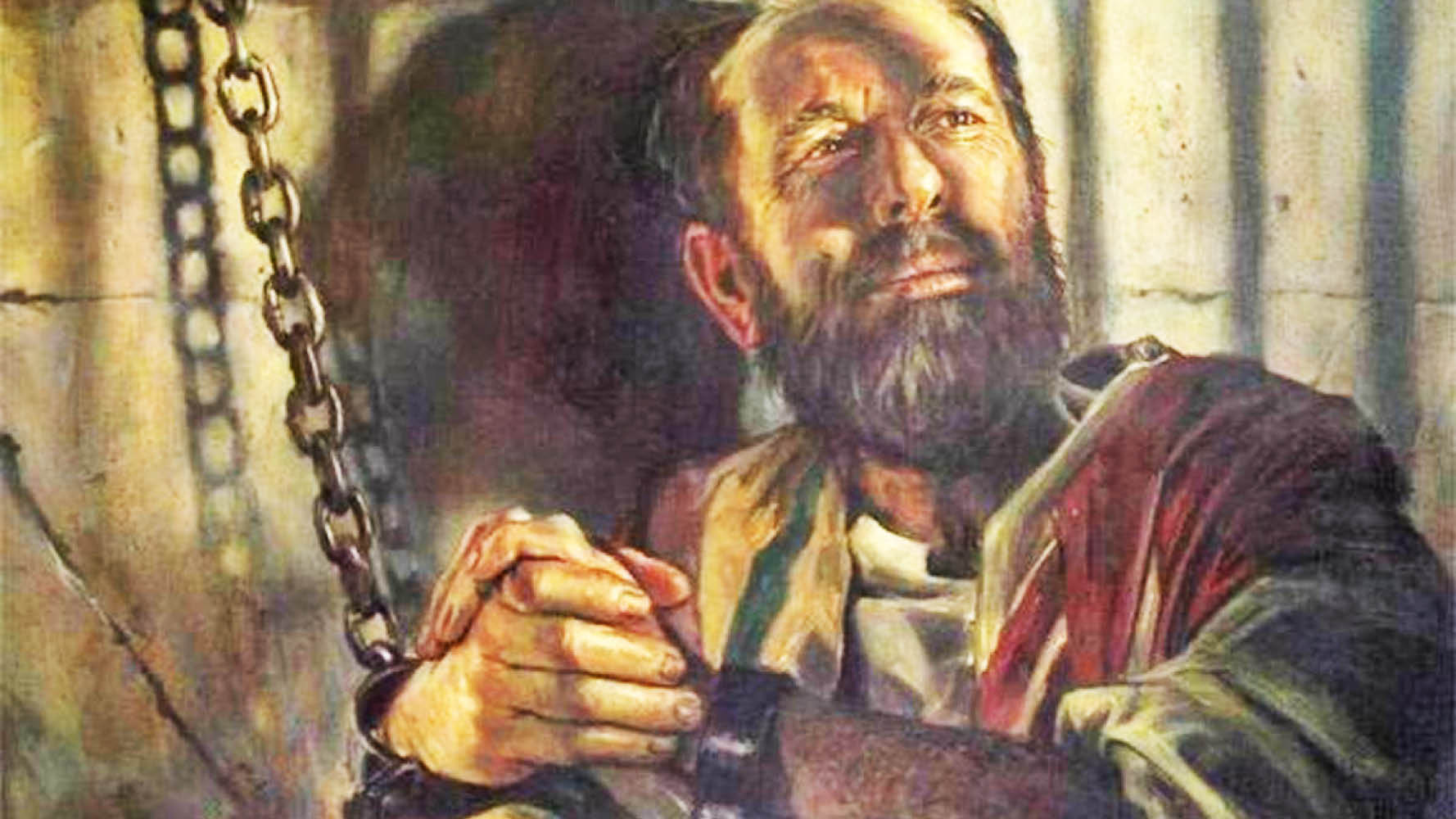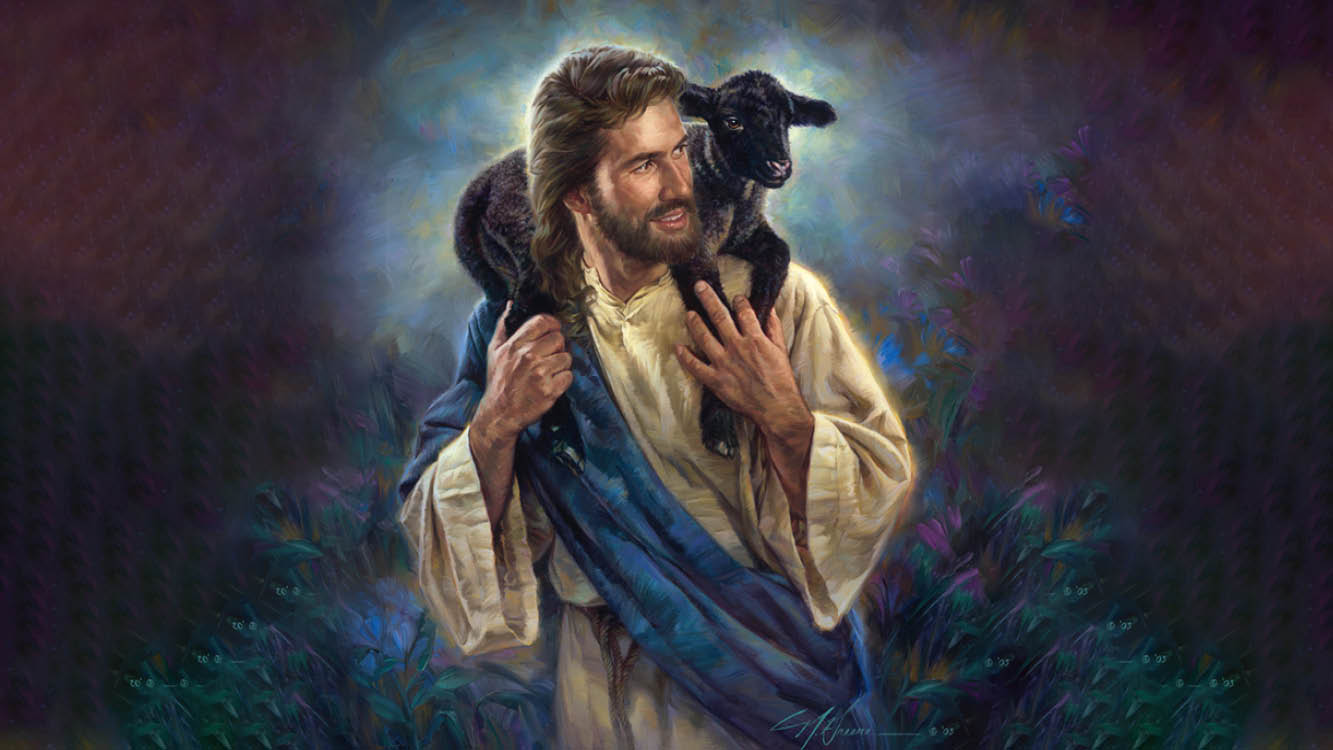Reflection on the Gospel of the Wednesday
|
Luke 17: 11-19 |
Today’s gospel draws attention to two important themes in Luke:
1. Jesus’s love knows no discrimination between rich and poor, between the sick and healthy, between sinner and saints.
2.Our attitude towards Jesus our provider after receiving our healing and miracles
Jesus, who is not afraid of borderlands, does not mind meeting us in those places, places where we are thrown by the community or by ourselves to bear the consequences of sin .
The relationship between Samaritans and Jews at the time of Jesus was conflicted and sometimes violent. Centuries before this they had been one people, but changes and tensions wrought by exile and return put them at odds regarding beliefs about scripture, worship, what it means to be holy, etc. A history of hostility may explain why James and John suggest firebombing a Samaritan village (“Lord, do you want us to command fire to come down from heaven and consume them?” cf. 2Kings 1:10-12) after it refuses to serve as the first rest stop on Jesus’ journey. Jesus firmly rebukes their violent request (Luke 9:51-56).
In any case, despite potential danger, and without asking anything about their loyalties, heritage, or intentions (will they perpetuate the hostility?), Jesus works healing for all ten — including the Samaritan.
Jesus is the same even today,waiting to heal and welcome all those who come to Him.
The second theme is road map for every Christian to live and walk this journey of a Christian life with gratitude.
After the Samaritan saw that he was healed, the rest of his response is characterized by four verbs: turn back (hypostrepho), praise (or give glory; doxazo), prostrate (literally fall on his face), and thank (eucharisto). Jesus highlights the first two verbs by repetition: “Was none of them found to return (hypostrepho) and give praise (doxa) to God except this foreigner?”
Return and praise play significant roles in Luke. At Jesus’ birth the shepherds “returned (hypostrepho), glorifying (doxazo) and praising God for all they had heard and seen … ” (Luke 2:20). After witnessing Jesus’ ascension, in the last two verses of this Gospel, the disciples “worshipped him and returned (hypostrepho) to Jerusalem with great joy and were continually in the Temple blessing God” (Luke 24:52). Return and praise frame this Gospel, suggesting a road map for our response to God’s activity in our world.
The passage ends with a command to the Samaritan: “Get up (anistemi; rise) and go (poreuomai) on your way; your faith has made you well.” When it appears in Luke-Acts the phrase “get up and go,” suggests that a significant (even wondrous) change is about to occur. After the annunciation, for example, Mary “gets up and goes” to Elizabeth (Luke 1:39). The prodigal son decides to “get up and go” back to his father (Luke 15:18), and God tells Paul to “get up and go” to Damascus (Acts 22:10; cf. Acts 9:11; 10:20).
The command to get up and go comes with a promise to the Samaritan: “your faith has made you well (literally saved you).” The good news of this encounter carries with it the promise that through Jesus, God empowers people to step across boundaries, share mercy with outsiders, pay attention to things worthy of praise and move forward into God’s future with assurance that there is more to God’s story than meets the eye.
God’s mercy was given to us, let’s be merciful towards others.
God’s healing was bestowed on us ,let’s be a channel of God’s healing to others.
God gave us without condition, let’s live in constant praise and gratitude to God, giving Him all the glory.
Thank you Lord for healing me. Use me now to heal others and live with joy and gratitude in and through you, now and forever .Amen.




